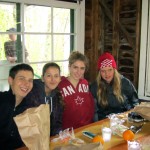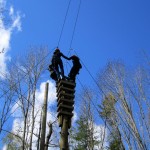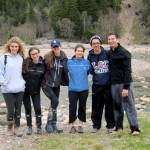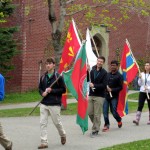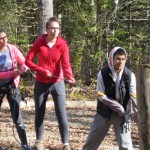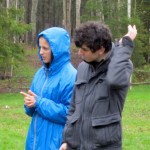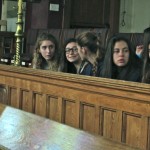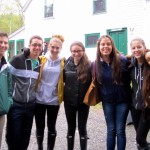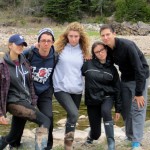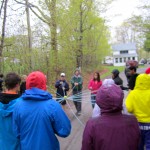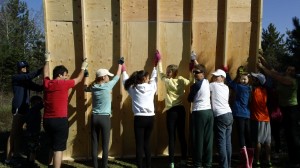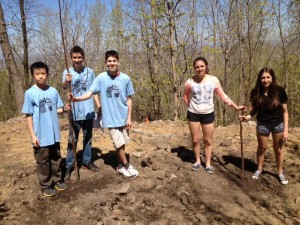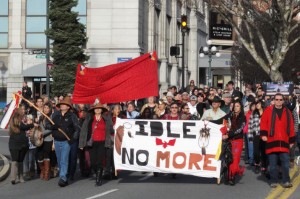 A couple of weeks ago former Prime Minister Paul Martin made an excellent interactive presentation at our annual Destiny Quebec Global Issues Conference. Behind closed doors he was particularly emphatic with organizers about the need to be more engaged regarding aboriginal affairs in Canada.
A couple of weeks ago former Prime Minister Paul Martin made an excellent interactive presentation at our annual Destiny Quebec Global Issues Conference. Behind closed doors he was particularly emphatic with organizers about the need to be more engaged regarding aboriginal affairs in Canada.
Our students expressed a certain feeling of detachment from some of the current issues with First Nations, which is not very different than the general population. Unfortunately, mainstream Canada is often ignorant or ill informed on native affairs. So let me do what Mr. Martin wanted, and draw aboriginal issues more into the light.
Canada’s native peoples come from a wide array of backgrounds, traditions and geographic regions, from the Atlantic to Pacific and Arctic coasts. Aboriginal Canadians account for approximately 4% of the total Canadian population – some 600 First Nations governments or bands with distinctive cultures, languages, art and music – and half live in Canada’s major cities, not just on reserves. However, social and economic challenges for Native Canadians are pronounced. Aboriginals are twice as likely than other Canadians to be unemployed. They make up 23% of Canada’s total prison population (33% for women). Many native communities have poor housing, no access to safe water or flush toilets, and youth are often in a state of distress with high rates of substance abuse and suicide rates way above the national average.
The hunger strike and regional protests that made up last winter’s Idle No More campaign reminded ordinary Canadians that there are many complicated socioeconomic issues for aboriginals that are part of the greater Canadian agenda of priorities. Essentially, native people simply want to be more of a priority on the national agenda than they are now. They need to be noticed and respected.
Mr. Martin has been a long-time supporter of native peoples in both public and private life. He was recently a private witness at the “Truth & Reconciliation” hearings held a week ago in Montreal. These are public hearings set up in seven Canadian cities to help our country come to terms with our shameful history of over 100 years of native residential schools – essentially a system of wrenching very young children and teens from their families and communities to go to far away boarding schools run by various religious orders on behalf of the federal government. It was an overt attempt to assimilate native Canadians into the mainstream Canadian society. Or in the word of one bureaucrat at that time, “to take the Indian out of the child”. Children were strictly forbidden to speak their own languages, traditional beliefs were mocked, and way too often, the students were subjected to physical and/or sexual abuse. In short, the school network left a very painful legacy. This actually resulted in an official apology in 2008 from the federal government, some monetary compensation and now, an open process aimed at promoting healing. Survivors of the abuse continue to struggle and have been presenting to the national commission as part of the healing process. The objective is indeed to define and share the truth – and take steps toward meaningful reconciliation.
Unfortunately, this is part of our collective history that we must accept. It is a shocking history in a country that prides itself on the core elements of democratic principles: equality and opportunity for all. So what can anyone do about it? Probably more than you think. But start simple and start small. Inform yourself. Spend a few minutes reading about the Truth and Reconciliation Commission in Canada – and consider the challenges of native youth in so many communities across Canada. If you become inspired to act, then be prepared to lead.
As former Governor General Michaelle Jean said recently, “the Commission’s purpose is to break the cycle of indifference. We need to confront history together and see how we want to move forward. It’s about all of us”. – Chris Shannon, Headmaster

